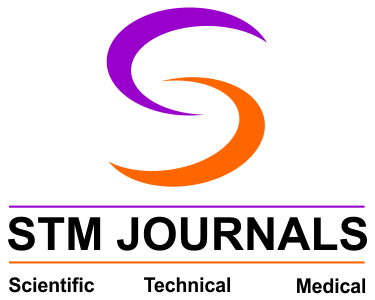About the Journal
The Journal of Taxation and Regulatory Framework [Applied(e)] is a peer-reviewed hybrid open-access journal launched in 2018, dedicated to advancing research in the field of taxation. The journal serves as a platform for law students, advocates, and professionals to explore challenges and contribute to the evolving landscape of tax law. It aims to provide a collaborative space for researchers, practitioners, academicians, and professionals associated with taxation.
Focus and Scope
- International Taxation: Exploration of the principles of tax equity, neutrality, and international tax structures, In-depth analysis of Double Taxation Avoidance Agreements (DTAA), Transfer Pricing, and their implications, Understanding the impact of international diversification, including issues related to the Income Tax Act, 1961.
- Clubbing of Income: Examination of income clubbing provisions, including transfer of assets, remuneration from firms, and transfer of income without the transfer of assets, Analysis of scenarios involving clubbing of income for spouses, minor children, and Hindu Undivided Families.
- Collection and Recovery of Tax: Detailed study of deduction at source, advance payment, and various provisions for direct payment, Exploration of tax collection mechanisms, including salary, dividends, interest, and payments to contractors.
- General Anti-avoidance Rules (GAAR): Analysis of GAAR principles, including subjective and objective elements, PPT (Principal Purpose Test), and related research, Examination of the consequences of applying GAAR, procedural dynamics, and empirical frameworks.
- Income Exclusions: Exploration of income that does not form part of total income, such as agricultural income, HUF member’s share, and exemptions for specific allowances and perquisites, In-depth study of income exclusions related to insurance policies, provident funds, house rent allowances, scholarships, and pension.
- Tax Policy and Regulatory Framework: Discussion on tax avoidance, policy considerations, and arguments related to consequentialist and non-consequentialist perspectives, Exploration of the regulatory framework, including tax clearance certificates, faceless collection, and recovery of tax.
The Journal of Taxation and Regulatory Framework invites original research articles, case studies, and contributions that enhance the understanding of taxation and its regulatory nuances. Researchers, scholars, and professionals are encouraged to submit works that contribute to the discourse on international taxation, income clubbing, tax collection mechanisms, GAAR, and income exclusions. The journal aims to foster collaboration and knowledge exchange in the dynamic field of taxation and regulatory practices.




